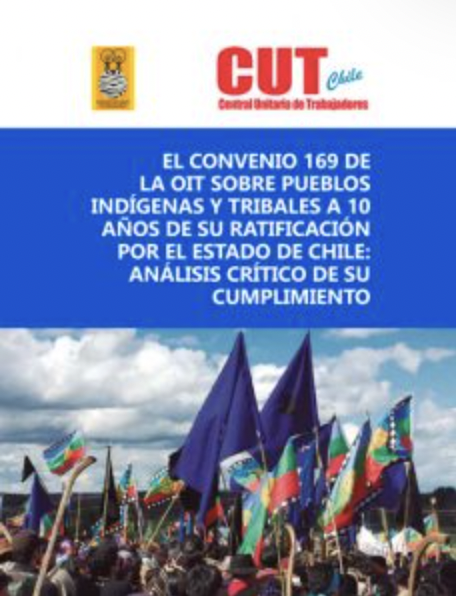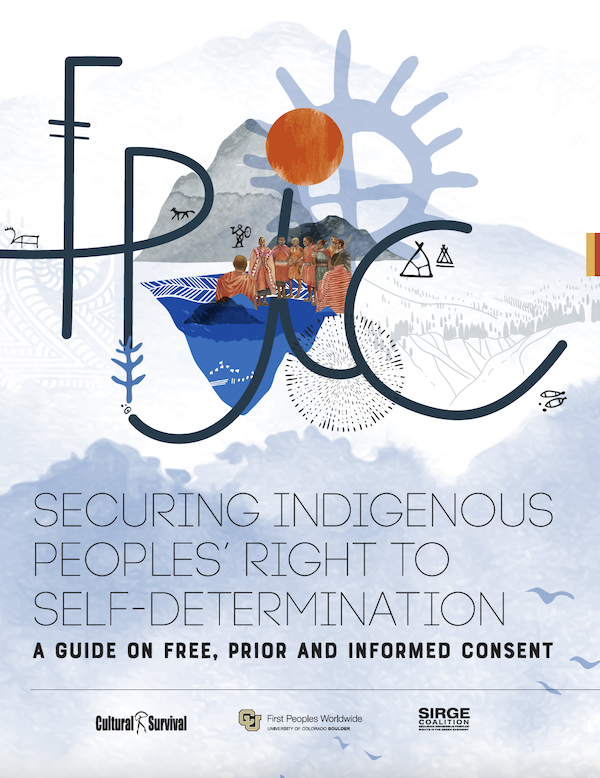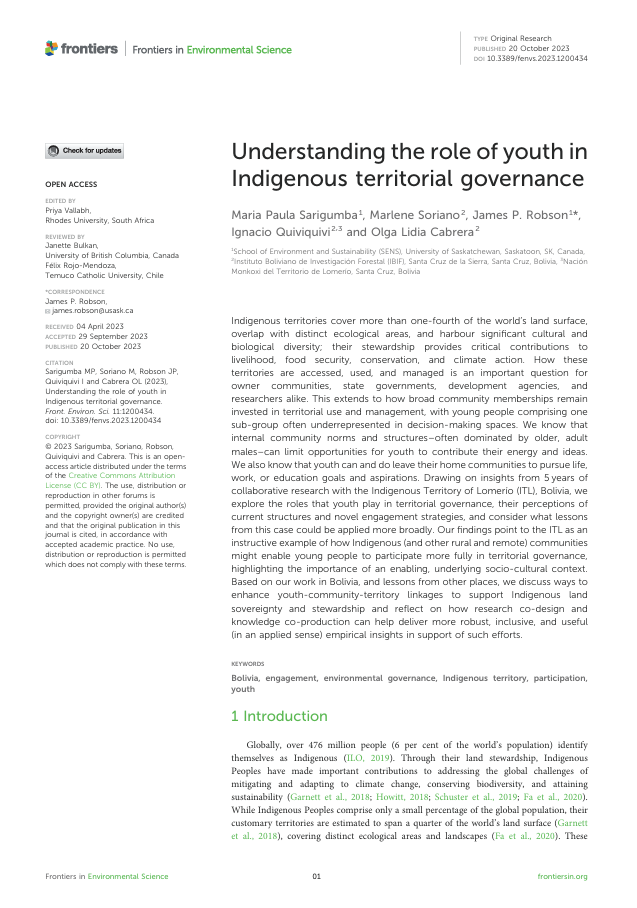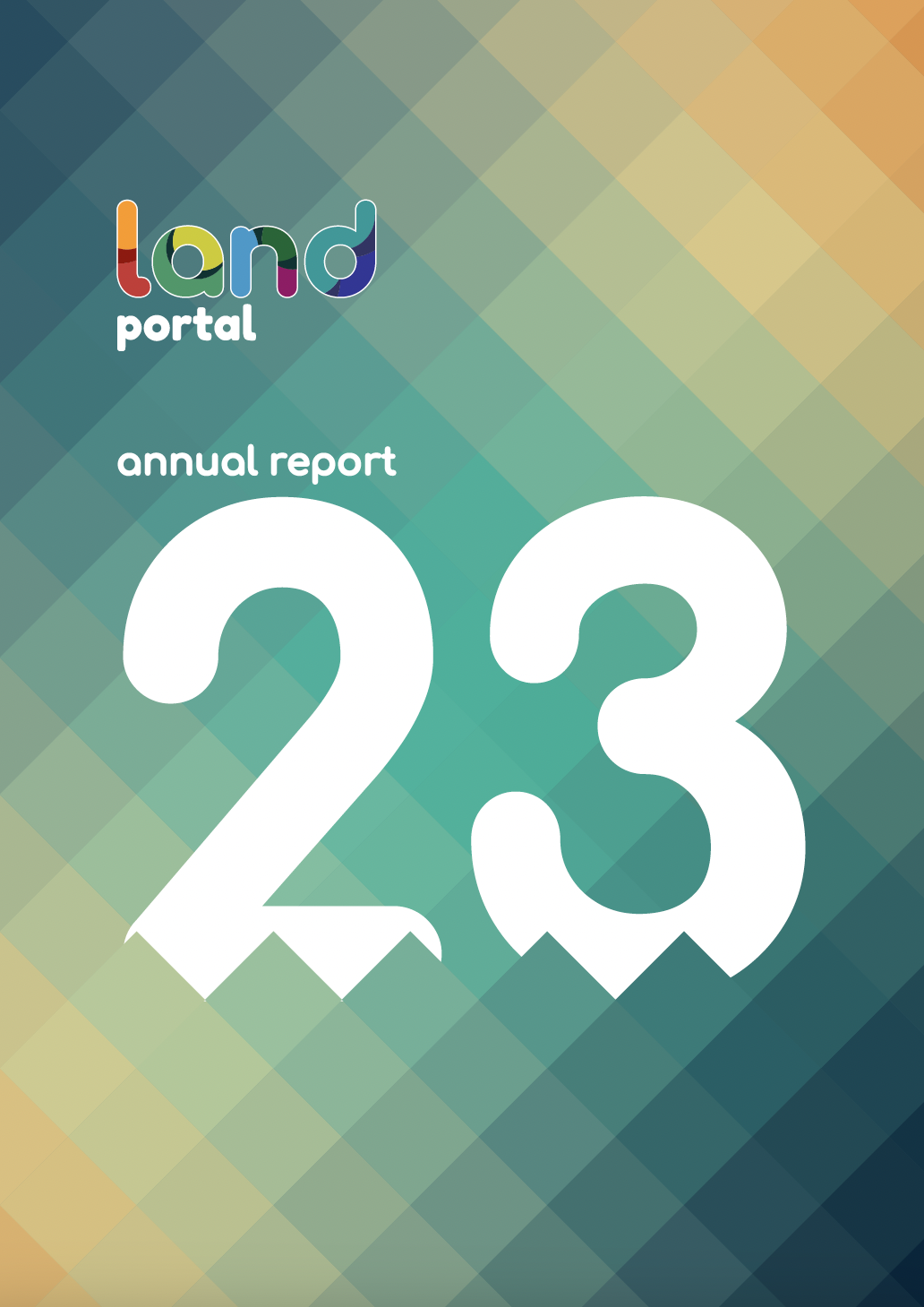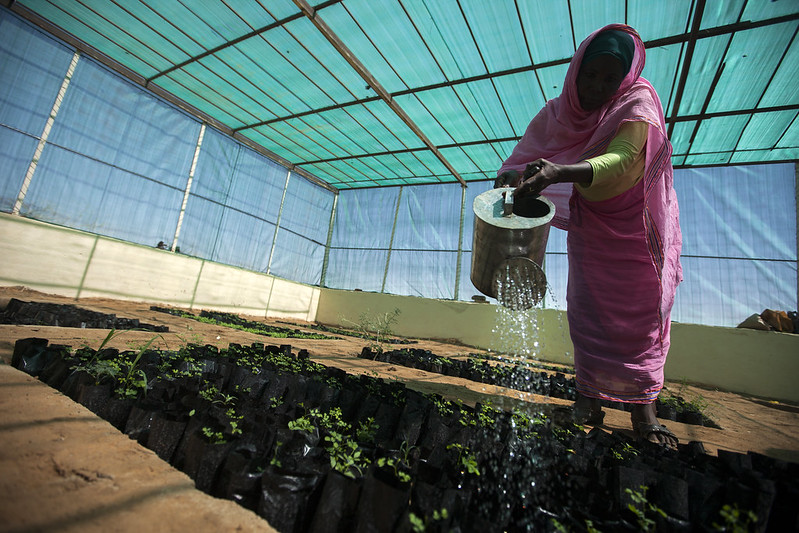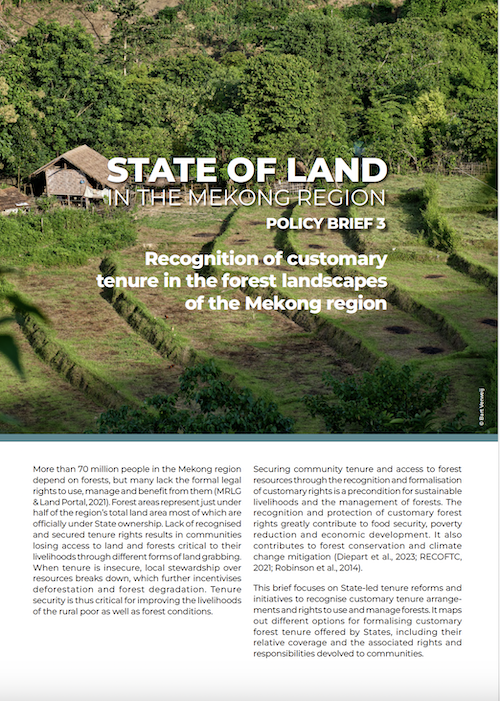Chile´s Forestry Industry, FSC Certification and Mapuche Communities
In April 2015, an international group of independent researchers, coordinated by Rosamel Millaman and Charles R. Hale, embarked on a comprehensive study whose guiding theme was the situation of Mapuche comunities in the region of La Araucania in relation to forestry companies in Chile. The intention of this study is to provide a document that could form a basis for renewed and improved dialogue about the way these companies conduct their forestry operations in the lands that are historically claimed by these Mapuche communities.


